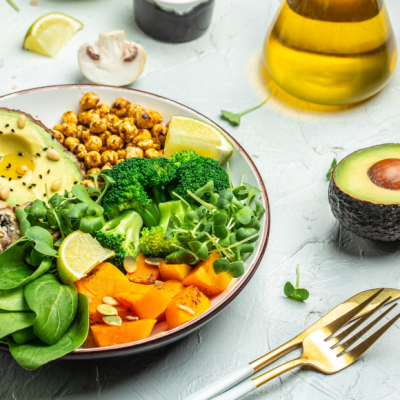A new antibody has been developed that accelerates metabolism and reduces cravings for sweets. In a Phase 1 study, the injection was well tolerated by humans. Fibroblast Growth Factor 21 (FGF21) is a hormone that affects human metabolism and regulates appetite. Depending on the diet, the body produces different amounts of FGF21. Studies have shown that a high-carbohydrate diet leads to high concentrations of the hormone in the blood. Additionally, the level is significantly higher in overweight people and diabetics. In experiments with mice and humans, injections of FGF21 led to a significantly reduced appetite and weight loss. However, the hormone is quickly broken down in the body, requiring regular injections to support weight loss.
According to a study by Genentech, a company that belongs to the Swiss pharmaceutical company Hoffmann-La Roche, an antibody that binds to the same receptors as FGF21 could help with weight loss in the future. Unlike the hormone, this antibody is broken down much more slowly by the body, making therapeutic use with less frequent injections possible. To investigate the effectiveness and safety of the experimental antibody, Genentech scientists conducted a Phase 1 study with 71 overweight but otherwise healthy people. 53 participants received various doses of the antibody, while 18 received a placebo. To control calorie intake, all participants received the same food. After just one week, the weight of the antibody group decreased by an average of 1.2 kg, while the weight of the placebo group decreased by only 0.28 kg on average.
The study authors concluded that the antibody accelerates metabolism and leads to higher calorie consumption with identical nutrition. Follow-up examinations and questionnaires are being used to investigate the long-term effects of antibody treatment. In the antibody group, lower blood lipid levels were observed, with a dependence on the dose. The participants with the highest antibody dose maintained better cholesterol levels even 60 days after a single injection. Additionally, the participants in the antibody group reported having less hunger for sweets and other carbohydrates in the weeks following their injection, with the effect depending on the dose. Overall, the influence on appetite was relatively small. After one month, the effect even reversed, and the participants, except for those with the highest dose, ate more on average than before their treatment.










